
Samsung’s 7+ Subsidiaries: Internal Rivalry Fueling Creative Development

Samsung Group is a global powerhouse, renowned for its cutting-edge technology and a diverse portfolio of companies. This South Korean conglomerate operates numerous subsidiaries that not only bolster its market dominance but also create internal competition across various sectors. In this ultimate guide, we will explore Samsung’s key subsidiaries, their areas of focus, and how they collectively contribute to Samsung’s overarching strategy.
🖥️ 1. Samsung Electronics: The Heart of Innovation
Overview
Samsung Electronics is the flagship subsidiary of Samsung Group and arguably the most recognized. It plays a critical role in consumer electronics and IT solutions.
Key Areas
- Consumer Electronics: From smart TVs to home appliances, Samsung Electronics produces a wide range of products that integrate advanced technology for improved user experiences.
- Mobile Communications: Known for the Galaxy series, this segment encompasses smartphones, tablets, and wearables, making Samsung a leading player in the global smartphone market.
- Semiconductors: Samsung is a major manufacturer of memory chips and processors, supplying not only its devices but also competitors like Apple and Huawei.
Why It Matters
Samsung Electronics sets the tone for innovation, driving technological advancements across its subsidiaries and the industry at large.
🎶 2. Harman International: Mastering Audio and Automotive Technology
Overview
Acquired in 2017, Harman International enhances Samsung’s presence in the automotive and premium audio markets.
Key Areas
- Audio Brands: This subsidiary includes popular brands such as JBL and AKG, providing high-quality sound systems for consumers and professionals.
- Connected Car Solutions: Harman develops infotainment and navigation systems that integrate seamlessly into modern vehicles.
Why It Matters
With Harman, Samsung leverages expertise in audio technology while expanding its influence in the connected car industry, a key area for future growth.
🔋 3. Samsung SDI: Powering the Future with Battery Technology
Overview
Samsung SDI focuses on battery and energy storage solutions, positioning itself as a leader in this critical sector.
Key Areas
- Consumer Electronics Batteries: Supplies batteries for a range of devices, including smartphones and laptops.
- Electric Vehicle Batteries: Develops advanced battery systems for EVs, collaborating with major automotive manufacturers.
Why It Matters
Samsung SDI’s contributions are pivotal in supporting the global shift towards renewable energy and electric transportation, enhancing Samsung’s commitment to sustainability.
🏗️ 4. Samsung C&T Corporation: Building Infrastructure Globally
Overview
Samsung C&T Corporation is renowned for its construction and engineering expertise, responsible for iconic global projects.
Key Areas
- Construction: Known for landmark buildings such as the Burj Khalifa and major infrastructure projects worldwide.
- Fashion and Retail: Operates several fashion brands, including 8Seconds, and imports luxury goods into South Korea.
Why It Matters
Samsung C&T embodies Samsung’s capability to influence diverse industries, from real estate to fashion, expanding its global footprint.
🚢 5. Samsung Heavy Industries: Maritime Innovation
Overview
Samsung Heavy Industries (SHI) ranks among the top shipbuilders globally, specializing in marine engineering.
Key Areas
- Shipbuilding: Constructs commercial vessels such as LNG carriers and container ships.
- Offshore Facilities: Designs and builds oil rigs and subsea pipelines, critical for energy production.
Why It Matters
Samsung Heavy Industries plays a significant role in the maritime and energy sectors, contributing to global trade and energy sustainability.
🧬 6. Samsung Biologics and Samsung Bioepis: Pioneering Biotech Solutions
Overview
Samsung’s foray into healthcare through Samsung Biologics and Samsung Bioepis highlights its commitment to innovation in the life sciences.
Key Areas
- Samsung Biologics: Offers contract manufacturing for biopharmaceutical products, supporting major pharmaceutical companies in drug production.
- Samsung Bioepis: Focuses on developing biosimilars, providing affordable alternatives to expensive biologic drugs.
Why It Matters
These subsidiaries enhance Samsung’s portfolio by addressing global healthcare challenges, making essential medicines more accessible.
💼 7. Samsung Life Insurance and Samsung Fire & Marine Insurance: Ensuring Financial Security
Overview
Samsung’s financial arms—Samsung Life Insurance and Samsung Fire & Marine Insurance—serve millions in South Korea and beyond.
Key Areas
- Life Insurance: Offers various life insurance products and investment options to help families secure their financial futures.
- Property and Casualty Insurance: Provides coverage for individuals and businesses against various risks, including property damage and liability.
Why It Matters
By offering comprehensive financial services, Samsung strengthens its market position while supporting economic stability for individuals and businesses.
🏥 8. Samsung SDS: Driving Digital Transformation
Overview
Samsung SDS is the technology and IT service subsidiary of Samsung, focusing on digital transformation and innovation.
Key Areas
- IT Solutions: Provides cloud computing, big data analytics, and cybersecurity services to businesses.
- Digital Healthcare: Develops solutions aimed at improving healthcare management and patient outcomes through technology.
Why It Matters
Samsung SDS empowers businesses to adopt digital technologies, solidifying Samsung’s role as a leader in tech solutions.
🔗 Internal and External Links
- Samsung Group Overview
- Samsung Electronics Official Site
- Harman International Official Site
- Samsung SDI Official Site
- Samsung C&T Official Site
- Samsung Heavy Industries Official Site
- Samsung Biologics Official Site
- Samsung Bioepis Official Site
- Samsung Life Insurance Official Site
- Samsung Fire & Marine Insurance Official Site
- Samsung SDS Official Site
📚 FAQs about Samsung’s Subsidiaries
- How many subsidiaries does Samsung have?
- Samsung Group consists of over 70 subsidiaries operating in diverse sectors globally.
- What does Samsung Biologics do?
- Samsung Biologics provides contract manufacturing for biopharmaceutical products, aiding pharmaceutical companies in drug production.
- How does Samsung SDI support the EV industry?
- Samsung SDI manufactures high-performance batteries for electric vehicles, partnering with major automotive manufacturers.
- Why did Samsung acquire Harman International?
- The acquisition aimed to enhance Samsung’s capabilities in the automotive and connected car markets while strengthening its audio product line.
- Where can I find the latest Samsung products?
- For the latest updates on products and innovations, visit Samsung’s official website.
Conclusion: A Multifaceted Approach to Market Dominance
Samsung’s extensive portfolio of subsidiaries showcases its ability to innovate across various industries while often competing with itself. By diversifying its operations, Samsung not only solidifies its market dominance but also ensures it remains at the forefront of technological advancement and consumer needs. Each subsidiary contributes uniquely to the overall strategy, making Samsung a remarkable case study in modern business competition and collaboration.



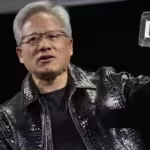







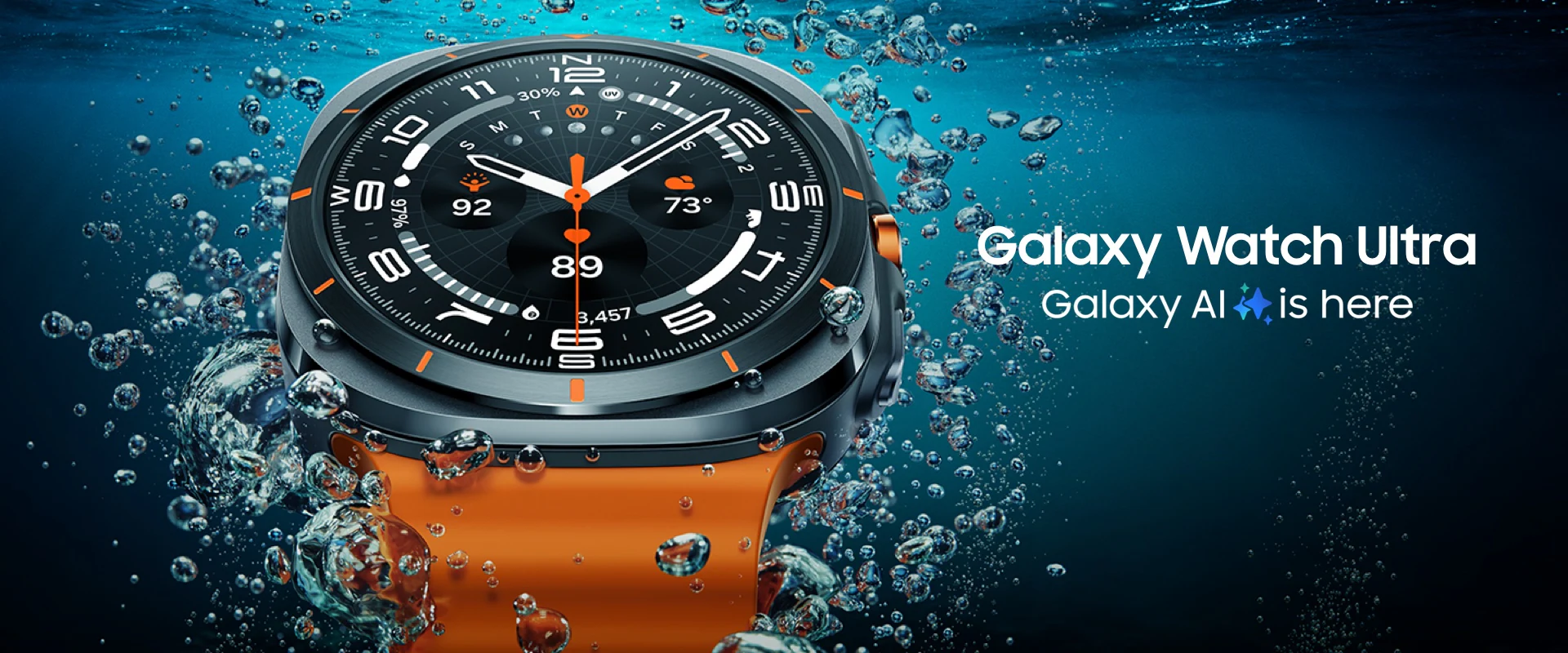
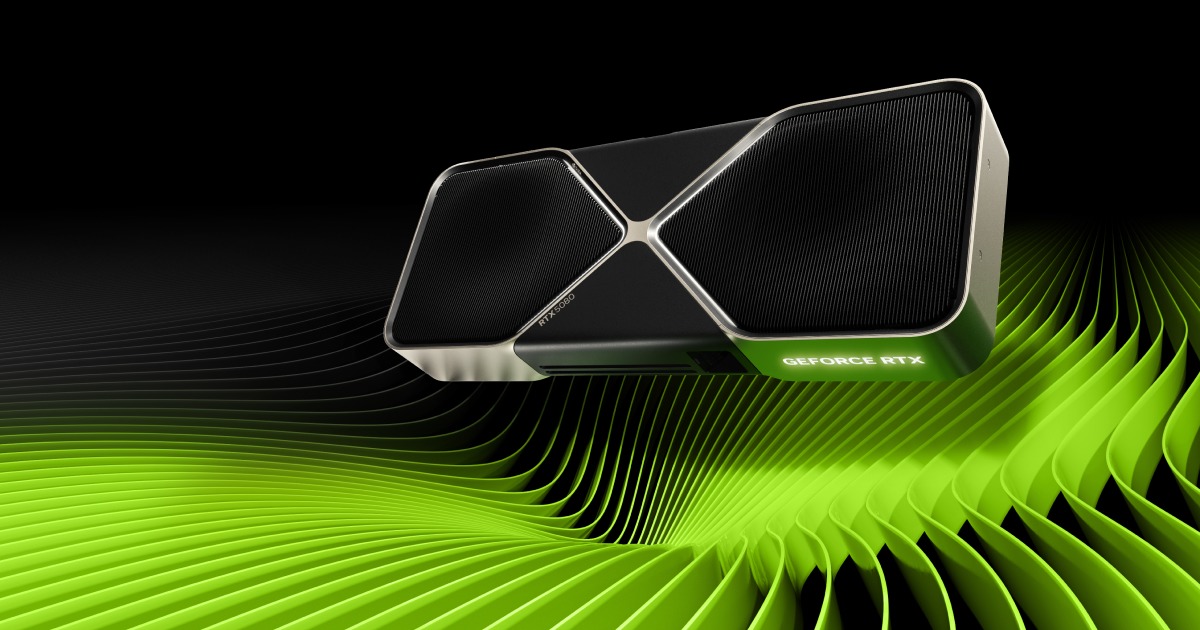



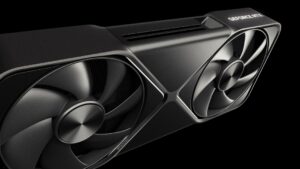
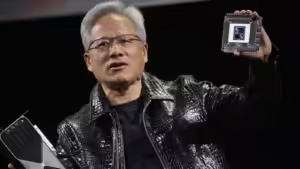






Post Comment